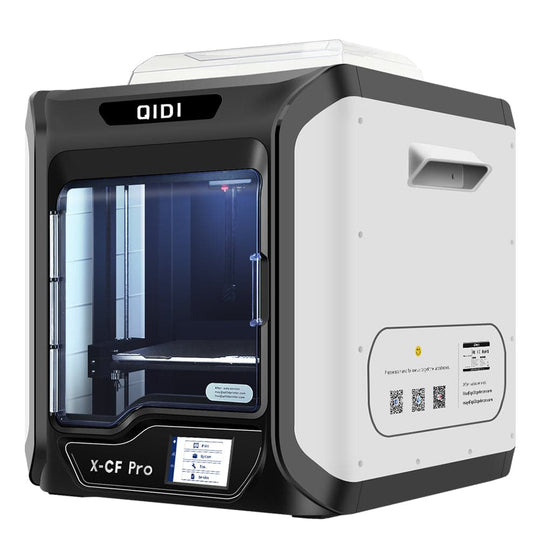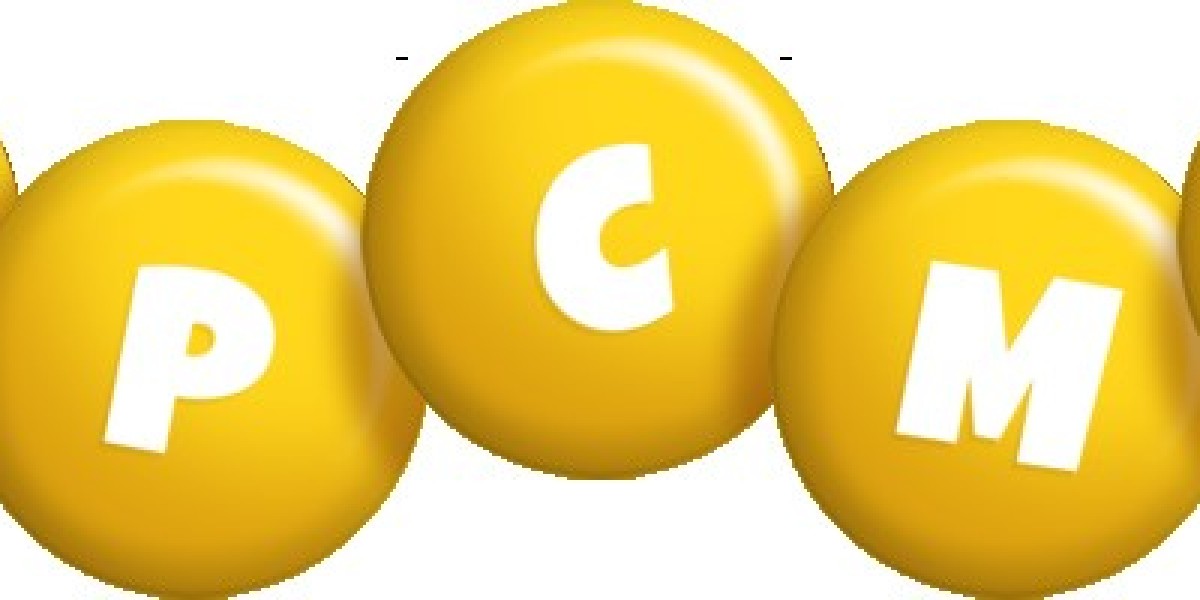Fused Deposition Modeling (FDM) 3D printing has revolutionized the way we approach manufacturing and prototyping. As technology continues to evolve, understanding the future of FDM 3D printers becomes essential for enthusiasts and professionals alike. This article delves into the latest innovations and trends that are shaping the landscape of FDM 3D printing.

Understanding FDM 3D Printing Technology
The FDM 3D printer operates by melting thermoplastic filaments and extruding them layer by layer to create a three-dimensional object. This process is not only cost-effective but also versatile, making it suitable for a wide range of applications, from prototyping to end-use parts. But what are the key innovations driving this technology forward?
Key Innovations in FDM 3D Printing
- Advanced Materials: The introduction of new materials, such as carbon fiber-infused filaments and biodegradable plastics, is expanding the capabilities of FDM 3D printers.
- Improved Print Speed: Recent advancements in hardware and software have significantly reduced print times, allowing for faster production cycles.
- Enhanced Precision: Innovations in nozzle technology and print head design have led to greater accuracy and detail in printed objects.
- Smart Features: Many modern FDM 3D printers now come equipped with sensors and connectivity options, enabling remote monitoring and control.
Trends to Watch in FDM 3D Printing
As we look to the future, several trends are emerging in the realm of FDM 3D printing. These trends not only highlight the growing capabilities of this technology but also its increasing integration into various industries.
- Customization: The demand for personalized products is on the rise, and FDM 3D printing is uniquely positioned to meet this need.
- Sustainability: With a growing emphasis on eco-friendly practices, the development of sustainable materials for FDM printing is becoming a priority.
- Industry-Specific Applications: From healthcare to aerospace, FDM 3D printing is finding specialized applications that cater to specific industry needs.
- Education and Training: As FDM technology becomes more accessible, educational institutions are incorporating it into their curricula, preparing the next generation of innovators.
Conclusion: The Future is Bright for FDM 3D Printing
In conclusion, the future of FDM 3D printers is filled with exciting possibilities. As innovations continue to emerge and trends evolve, this technology will undoubtedly play a pivotal role in shaping the future of manufacturing and design. For those interested in exploring the latest in 3D printing technology, consider visiting  for a comprehensive selection of FDM 3D printers.
for a comprehensive selection of FDM 3D printers.













